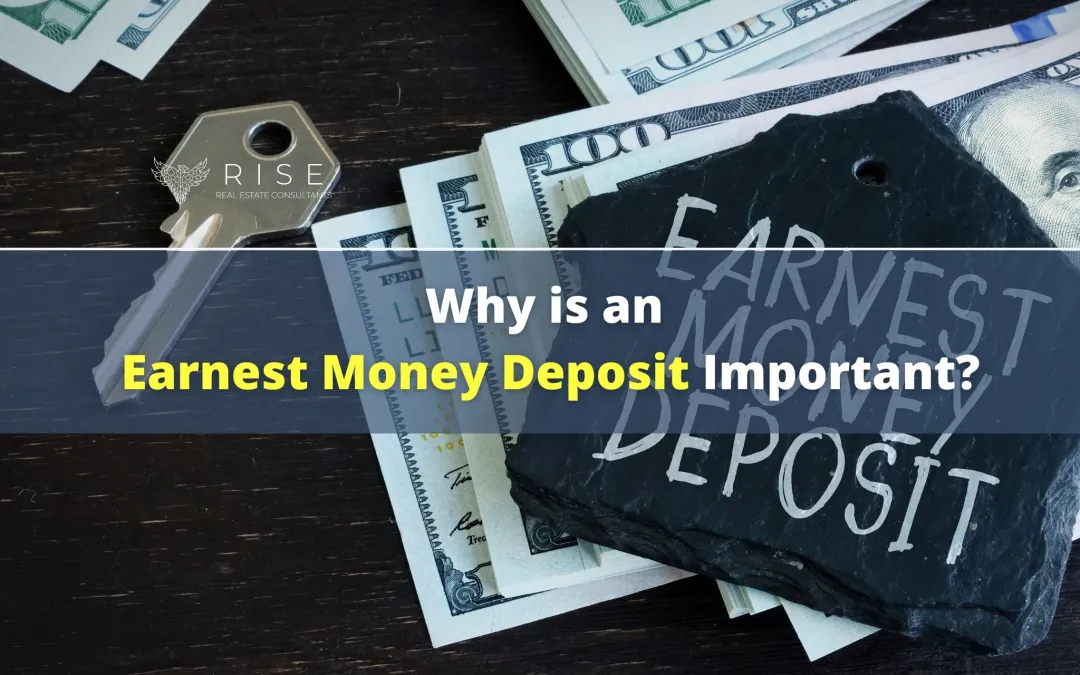
Winter Wonderland: A Guide to Winterizing Your Home for the Coziest Season Yet
As the temperature drops and snowflakes start to fall, it’s time to transform your home into a cozy winter haven.

An earnest money deposit, also known as a good faith deposit, is an amount of money that a buyer puts forth when they submit an offer to purchase real estate. It signifies the buyer’s commitment to go through with the sale and demonstrates their intention to move forward in the process. If all goes according to plan, this amount will later be credited towards their down payment and closing costs.
The amount of an earnest money deposit typically varies depending on where the buyer is located, what type of property they are purchasing, and how much competition there might be for that particular property.
Generally, buyers should expect to put forth anywhere between 1-3% of the sale price in order to secure the property. This deposit is typically sent to an escrow account and held there until closing, at which point it will be applied to the purchase price.
The importance of an earnest money deposit cannot be understated as it provides assurance to the seller that a buyer is serious about purchasing their property and provides them with some security in knowing that their time and effort is appreciated by the buyer. It also serves as a guarantee that the buyer will not back out of the deal unless there is a valid reason to do so, such as an issue with the title or if they are unable to secure financing in time. Finally, it incentivizes buyers to act quickly when they find a property they like as it is a sign of their seriousness and commitment to the sale.
In summary, an earnest money deposit is an important part of the real estate transaction process, providing security for both parties involved. It demonstrates a buyer’s willingness to stay committed to the process and move forward with the sale, while also providing assurance for the seller that their time and effort is valued by the buyer. As such, it should not be taken lightly when making an offer on a property and should always be considered.

As the temperature drops and snowflakes start to fall, it’s time to transform your home into a cozy winter haven.

As the days grow shorter and a crisp chill settles in the air, hearts around the world start to beat